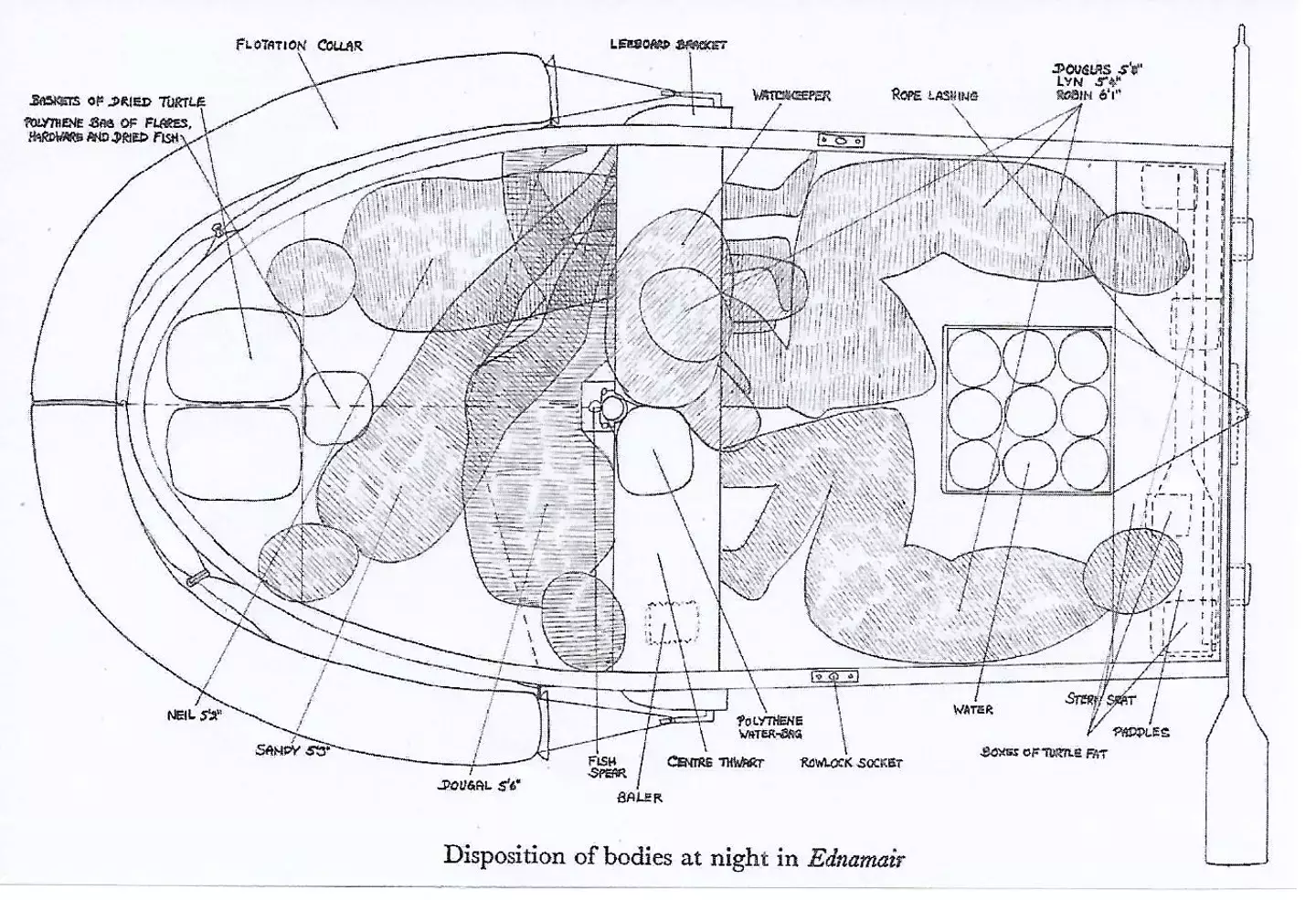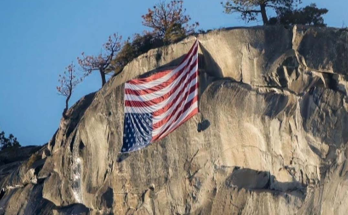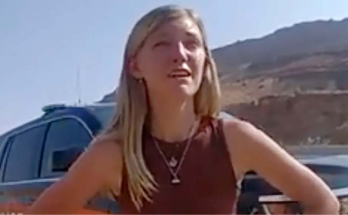A man who survived six weeks stranded at sea after his boat was attacked by killer whales explained how he and his family were able to make it through.
In 1971, the Robertson family set off on a voyage around the world after having sold their farm and bought a boat for the journey.
They set sail on 27 January and on board the boat, named the Lucette, were Lyn and Dougal, their 18-year-old daughter Anne, 16-year-old son Douglas and nine-year-old twin sons Neil and Sandy.
For 18 months, they sailed across the Atlantic Ocean and stopped off at various points in the Caribbean, with Anne departing the voyage in the Bahamas.
The next leg of their journey was to head to New Zealand, and the Robertson family were joined by 22-year-old student Robin Williams.
However, on 15 June, 1972, things went wrong for the Lucette and her crew.
 Douglas Robertson was 16 when his family sailed around the world
Douglas Robertson was 16 when his family sailed around the world
They had set sail from the Galapagos Islands just a few days previously and their vessel was attacked by killer whales.
In just a few minutes, the boat had sunk and everybody had to pile into an inflatable life raft and a fibre glass dinghy.
For 38 days they would be lost at sea, with only enough water for 10 days and emergency food rations for three days.
Fortunately, they were eventually spotted and rescued, and many years later Douglas Robertson told how he and his family survived their ordeal.
He explained that on the first day, the family and Williams made a deal that should the worst come to pass they wouldn’t eat each other – instead Douglas remembered that he’d heard about drinking turtle blood from the novel South by Java Head and suggested it to his family.
 A drawing of how they slept in the dinghy (Survive the Savage Sea by Dougal Robertson)
A drawing of how they slept in the dinghy (Survive the Savage Sea by Dougal Robertson)
The idea ended up saving their lives as they were able to hunt animals around their vessels, meaning they could eat dried turtle meat and drink their blood.
At one point, they caught and ate a five foot shark, and Douglas said they knew by instinct which parts they could eat and which they couldn’t.
He said: “You’ve got instinct, we knew that the liver of the turtle was poisonous. Never read it, you just looked at it and knew you couldn’t eat it, whereas the liver of the shark you could eat it.
“You’ve got this innate ability and you touch it in a situation like this. I’ve read other great survival stories where people have had the same experience and a realisation comes to them what you can and can’t do.”
The inflatable raft sunk on day 17 so everyone had to pile into the dinghy.
Douglas said the ‘most terrifying moment’ was when they were caught in a storm and could see lightning hitting the water around them.
Eventually they were spotted by a Japanese fishing trawler after they sent up a distress flare to get the boat’s attention.
On 28 July, they finally made it back onto dry land in Panama with their ordeal over.



